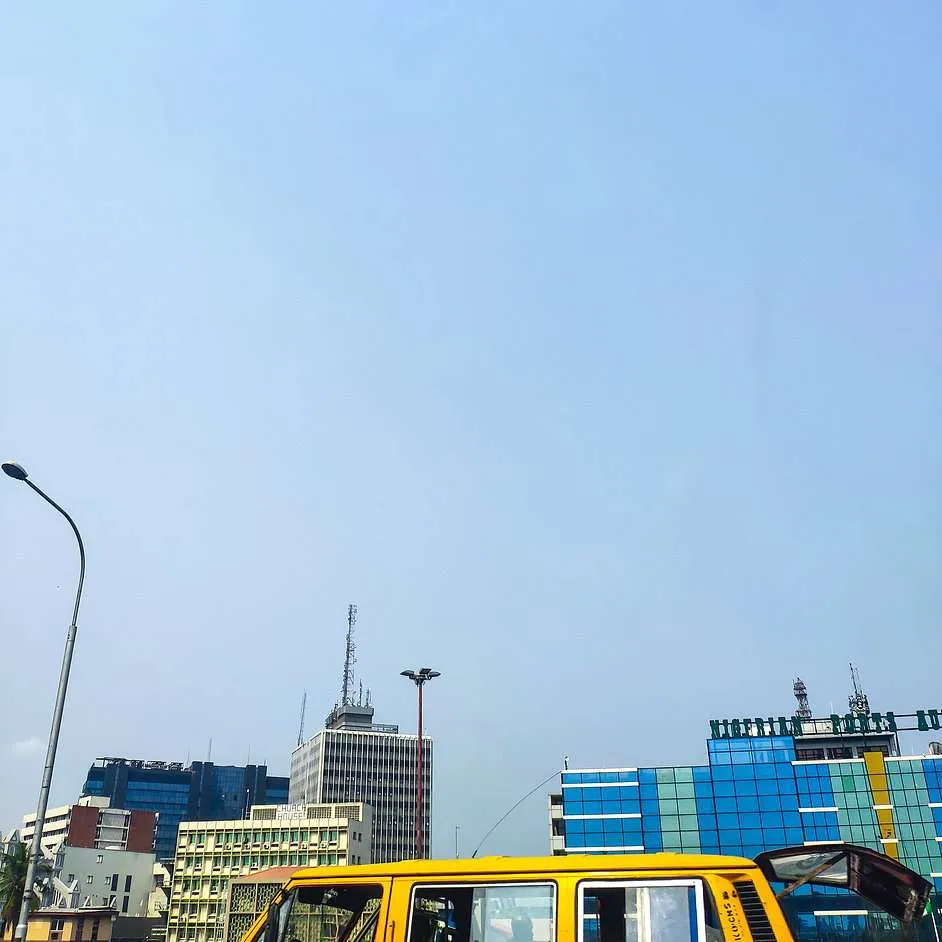Editorial Note:
This article on sociology and urbanization is being published on behalf of Applied Worldwide’s 2021 student essay competition. Students were prompted to respond to the question, “Why is sociology important?” We have awarded 17 finalists from all over the world, and we published those essays over the course of a few weeks.
This essay was written by Hassan Idris, a student at Ahmadu Bello University, Zaria in Nigeria. This essay received a third place award. We had a really great turnout and would like to thank everyone who submitted an essay. We received a wide variety of creative interpretations and responses, so browse our essay directory!
Hassan Idris on Sociology and Urbanization
Sociology is a fascinating and multifaceted discipline, which augments the necessity for this social concept. Sociologists and students of sociology can study anything, including other disciplines, because sociological issues are prominent in all aspects of life. It’s paramount for us to know that the human society is like an organism with different parts that are interrelated and interconnected. A problem to one part tends to affects another. This creates a distinct relationship between sociology and urbanization.
So far humans exist in the society that’s a juggernaut with the ever present possibilities of running, social problems are inevitable. Social statics and social dynamic as postulated by Auguste Comte can’t be due away from the society, most especially the social dynamic. It’s when we understand the society’s social structures and social changes that we tend to proffer solutions to it. Sociological knowledge gives us the understanding of the ‘cause and effect’ of every human social problem. Therefore, we tend to provide solutions, recommendation and suggestions to these social problems.
The human society according to the functionalist perspectives is like an organism with parts that’s interconnected and interrelated. If one part is affected, it tends to affect every other part.
Experiencing Urban Problems
I could recall when I first travelled to Lagos State, Nigeria for my academic research in the urban city of Lagos. On my arrival I saw how overpopulated the urban city of Lagos was, how many people left their homes to Lagos because it was a busy place with lots of industries, shipping places, business settlements and small-scale businesses. With the knowledge of sociology and as a student of sociology I remembered the industrial revolution and how large numbers of people in the nine-tenth and twentieth century were uprooted from their rural homes and migrated to urban settings.
How this massive migration was caused, in large part, by the jobs created by the industrial system in the urban areas, the many difficulties people who had to adjust to urban life encountered and how the migration of people from rural areas to the urban areas produced a seemingly endless list of urban problems such as overcrowding, pollution, noise, traffic, etc.
Theories of Sociology and Urbanization
The nature of urban life and its problems attracted the attention of Max Weber and George Simmel and the first major school of American sociology, the Chicago school, was in large part defined by its concern for the city and its interest in using Chicago as a laboratory in studying urbanization and its problem. The knowledge of Sociology could assist us to study urbanization in Lagos by even applying the Chicago’s school system of studying urbanization.
Urbanization in Lagos can lead to lots of social problems such as stealing, crime, deviant, pollution, overcrowding, noise, traffic, etcetera, which tends to affect the social structure of the society at large. Crime for instance is much in Lagos state due to overcrowding and traffic. The knowledge of sociology and Sociological research could help in studying, carrying out scientific research on Lagos and to which lasting solutions can be proffered to the social problem of urbanization.
Urbanization and COVID-19
Furthermore, sifting through to the COVID-19 pandemic, Lagos state has the highest cases of coronavirus due to urbanization and overcrowding. Social distancing is difficult to observe. Though, the knowledge of sociology has led me to understand that physical distance is most appropriate to social distance. The term: social distancing is quite popular these days due to the sudden boom of the COVD-19 pandemic. This term is being used globally, wrongly. I will start by clarifying the term ‘Social Distancing’ with reference so that there is no ambiguity of error in its understanding.
In 1910, a German philosopher, one of the greatest professors of the University of Berlin, George Simmel, had presented a theory of ‘Social Geometry’. There are several other terminologies which evolved from the theory of ‘Social Geometry’, out of which includes the philosophy of ‘Social Distancing’.
By social distancing he, had, meant distancing from relationships, understanding and cultures. Alienation/anonymity is also included in that term. He had written so many essays on social distancing including “The Stranger” and “Social Boundary.” For example: If a Nigerian visits England, then he or she will be subjected to social distancing, in the form of cultural distancing. He/She will be in Diaspora.
Likewise, there is social distancing with beliefs among people of different faiths and there is social distancing with understanding between an educated and an illiterate person and it will be more appropriate if we use terms like ‘Physical Distancing’ or ‘Interactional Distancing’ instead of ‘Social Distancing.
Sociology and Social Problems
Sociologists have first-hand experience about social problems and the knowledge of sociology helps people to not only understand the world around them, but to understand their own lives as they are equipped with both tangible and intangible skills. More tangible skills include research skills, particularly the ability to conduct data analysis. A skill set in quantitative data analysis (statistics) and proficiency in statistical software are especially valuable as studies suggest that jobs and careers involving quantitative skills pay more than non-quantitative positions and are in greater demand.
Furthermore, Sociology is important in the understanding of the social world such as the reasons for social differences, differences in social behavior, differentials in group opportunities and outcomes. The relevance of social hierarchies and social power in everyday life, how individuals and groups are shaped by larger social forces, the role of social institutions and the role of social structure.
With all these mentioned above, sociologists do all these with marketable skills, critical thinking ability, analytical skills, quantitative literacy and statistical reasoning skills, research skills (e.g. literature review, data collection, and data analysis) social skills (e.g., communication skills, ability to interact with people from different social backgrounds, cultural competence, and empathy).
Conclusions on Sociology and Urbanization
Finally, the study of society contributes to the formulation of social policies which required certain amount of knowledge about that society. Descriptive sociology provides a great deal of information that is helpful in making decisions on social policy. In Nigeria, the solution of the problem of extreme poverty requires from the sociologists primarily an investigation of the facts that such researches undoubtedly influence social policy. If the society is to develop and prosper, the study of society is must for politicians, administrators, social reformers, students and teachers.








